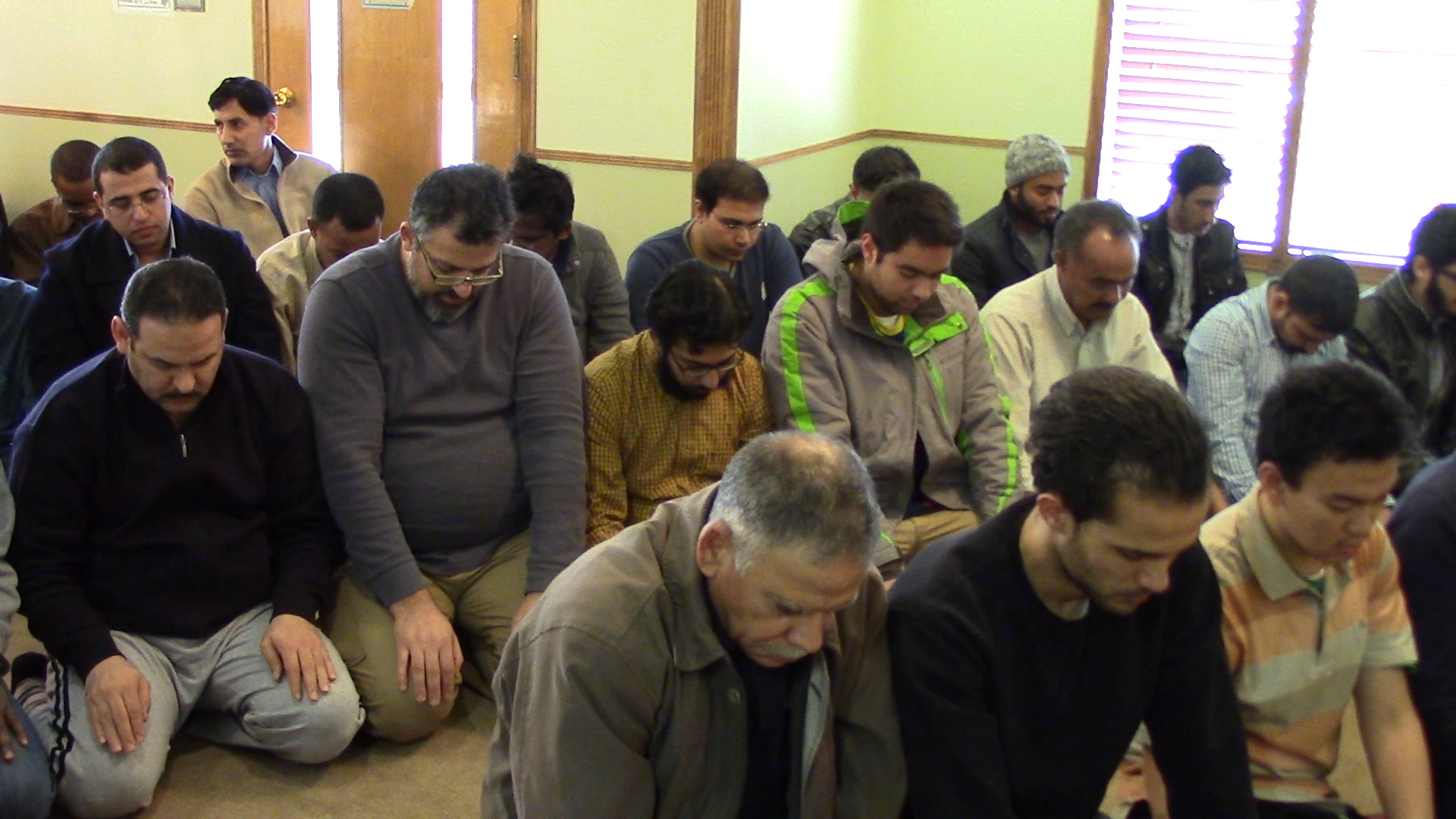Local Muslim leader addresses Paris attacks
During an afternoon prayer service on Friday in the Logan Islamic Center, Ayman Alafifi, president of the Logan Islamic Center committee, gave a speech — known as a khutbah — addressing the attacks in Paris, France on Jan. 7.
On that day, a group of Muslims killed 12 cartoonists for drawing material that was offensive to the religious group.
“The first thing that should be said is a statement of fact: that criminals are criminals regardless of their religion,” Alafifi said. “Whether they are Muslims, whether they are Christians, Jews, Hindus or even atheists, criminals are criminals.”
Alafifi urged fellow Muslims to not let the verse from the Quran which reads “All believers are brothers” confuse their sense of justice. He said according to the Quran, everyone should seek justice, even if that means testifying against oneself.
“So if Muslims committed a crime, if Muslims have done something wrong, it is wrong,” Alafifi said. “It doesn’t justify because they are Muslim.”
Alafifi said the cartoons were in poor taste, and Muslims have the right to be offended by them.
“Muslims don’t have thicker skin than other people,” Alafifi said. “We have the right to feel offended, but it’s the matter of how do we respond to those offenses.”
Hamza Abdellaoui, a local Muslim who attended the service, said the way the attackers responded to the cartoons was wrong.
“Nobody deserves to die that way,” Abdellaoui said. “They offended us, yes, but there are thousands of other ways how to respond to that.”
Alafifi said even though Muslims should be offended by the depictions in Charlie Hebdo, they should be more offended by the Paris attacks.
“The reaction that has been done from those criminals is far more offensive to Muslims and is far more outrageous to Muslims than the actions that were done by those journalists because those actions were committed in the name of Islam, and they are not, by any sense, from the teachings of Islam,” Alafifi said.
Abdellaoui said he feels sorry that people of his religion are labeled as violent extremists.
“Muslims — I wouldn’t call them brothers; I just call them Muslims — they did this,” Abdellaoui said. “They made all Muslims look bad, and that’s not cool. They shouldn’t have done that.”
Alafifi said there needs to be limits in freedom of expression, which includes legal boundaries. He said some which already exist include shouting “fire” in a crowded theatre or “bomb” in an airplane.
Alafifi said after the Holocaust, Jews successfully lobbied in some countries to make it illegal to question anything about the genocide.
“Hopefully, one day, we will have the lobby that we want here in the U.S. and in Europe to pressurize governments to make those actions illegal,” Alafifi said.
After his speech, Alafifi clarified what he meant, saying he would like to see all forms of hate speech illegal.
“What I want to see happening is some lines have to be changed when it comes to freedom of expression,” Alafifi said. “It’s not okay to criticize Jews. It’s not okay to criticize Christians. It’s not okay to criticize gay people, for example. If you want to criticize someone, you criticize individuals. We’re not painting everyone with the same brush.”
Tom Terry, department head of the journalism and communication department at USU who also teaches mass media law, said making hate speech illegal would require an unlikely amendment to the Constitution. He said the Supreme Court has consistently ruled in favor of free speech even if it is hateful or provocative, and limiting it would lead down a slippery slope.
“Who gets to decide which speech is acceptable?” Terry said. “If we can limit certain speech or some speech, we can then limit any speech.”
Terry said hate speech against Muslims would not be the same thing as saying “fire” in a crowded theatre.
“Under our system, you have to make specific threats that cause immediate action,” Terry said. “Even violent speech that advocates one side of an issue or another is protected as long as it doesn’t immediately lead to a violent action.”
Richard West, director of the Utah north public affairs council for the Church of Jesus Christ of Latter-Day Saints, was also present at the prayer service. He said although he does not advocate legal restrictions on free speech, he agrees using that right to say hateful things is wrong.
“Just because there are protections of freedom of speech that give permission, as it were, to say disrespectful and hateful things doesn’t mean we’re obligated to do that,” West said. “We can still be respectful in our discourse, and it’s terribly unfortunate when people use freedom of speech as an excuse to denigrate and to provide rhetoric that is disrespectful and hateful.”
— topherwriter@gmail.com

